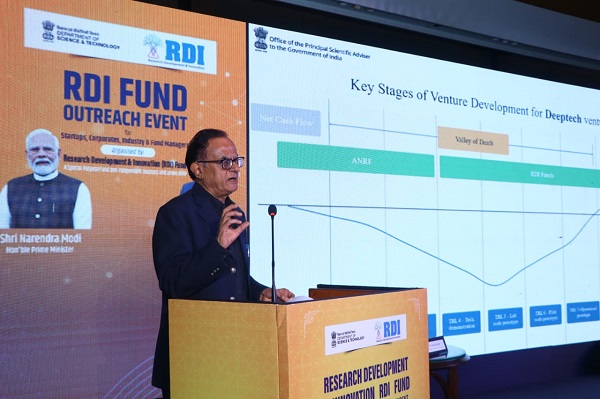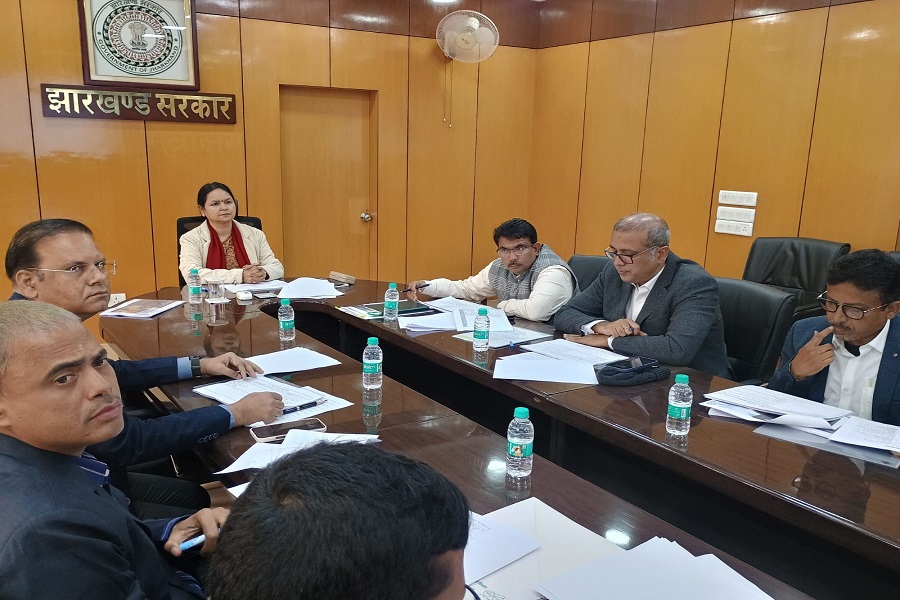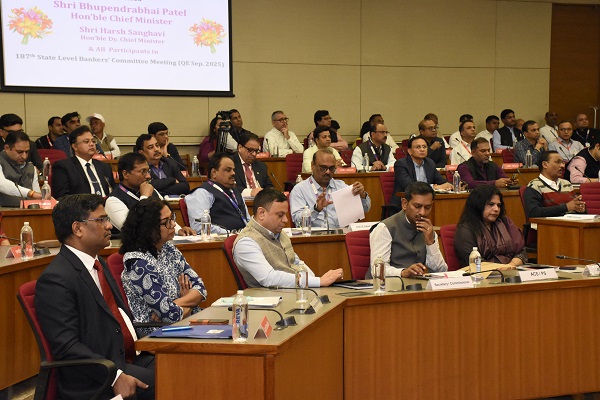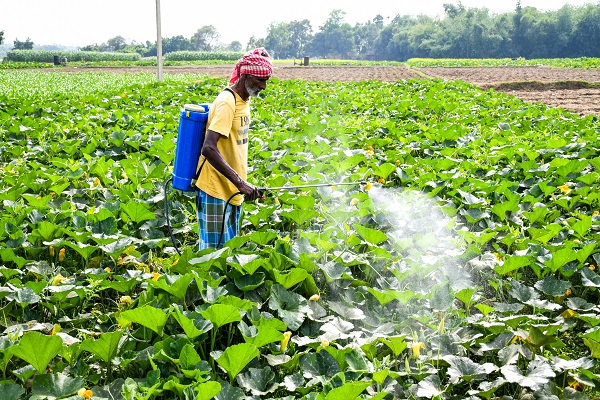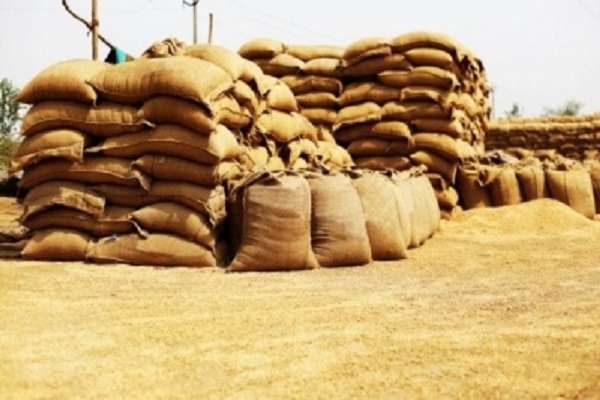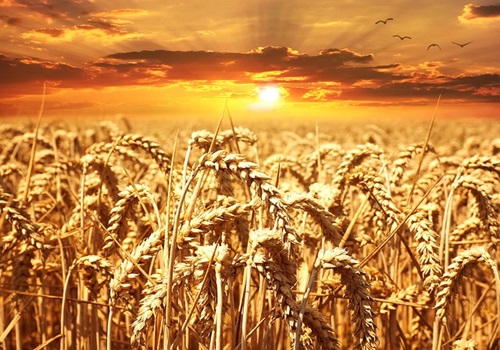Rain's Wrath: India's Wheat and Rapeseed Harvests Threatened, Implications for Global Markets by Amit Gupta, Kedia Advisory

Unforeseen rainfall and hailstorms wreak havoc on India's crucial wheat and rapeseed crops, delaying harvesting and raising concerns over production losses. With wheat reserves depleted and political reluctance to import, the nation faces the specter of a third consecutive poor harvest, potentially impacting global food markets and edible oil imports.
Highlights
Impact of Untimely Rainfall: Untimely rainfall and hailstorms have severely affected winter-sown crops like wheat, rapeseed, and chickpeas in India, delaying harvesting and raising concerns about production losses.
Criticality of Wheat Harvest: The wheat harvest is crucial for India, the world's second-largest wheat producer. Previous years' poor harvests and depleted state reserves increase the importance of this year's harvest for domestic supply and stability.
Potential for Wheat Imports: Continuation of poor harvests may force India to import wheat, despite resistance from the government due to political implications ahead of an upcoming general election.
Extent of Crop Damage: Heavy rainfall and hailstorms have caused significant damage to wheat crops, with reports of flattening across major wheat-producing states, including Uttar Pradesh, Punjab, Haryana, and Madhya Pradesh.
Production Estimates Revised: Traders anticipate a significant reduction in wheat production compared to the government's initial estimates, with estimates lowered by at least 2-3 million tons due to the adverse weather conditions.
Impact on Rapeseed Production: Similar concerns extend to rapeseed production, with expectations of a 5% decrease in output due to the crop damage caused by rainfall. Delayed harvesting further complicates the situation.
Implications for Edible Oil Imports: Lower-than-expected rapeseed production may lead to continued reliance on expensive overseas purchases of palm oil, sunflower oil, and soybean oil, impacting India's edible oil import dynamics.
Conclusion
The recent onslaught of unseasonable weather has cast a shadow over India's agricultural landscape, jeopardizing the wheat and rapeseed harvests. As the nation grapples with the aftermath, the possibility of reduced production and the need for imports looms large, highlighting the delicate balance between domestic supply, global market dynamics, and political considerations. Moving forward, concerted efforts to mitigate the impact on farmers and ensure food security will be imperative in navigating these challenging times.
Above views are of the author and not of the website kindly read disclaimer





